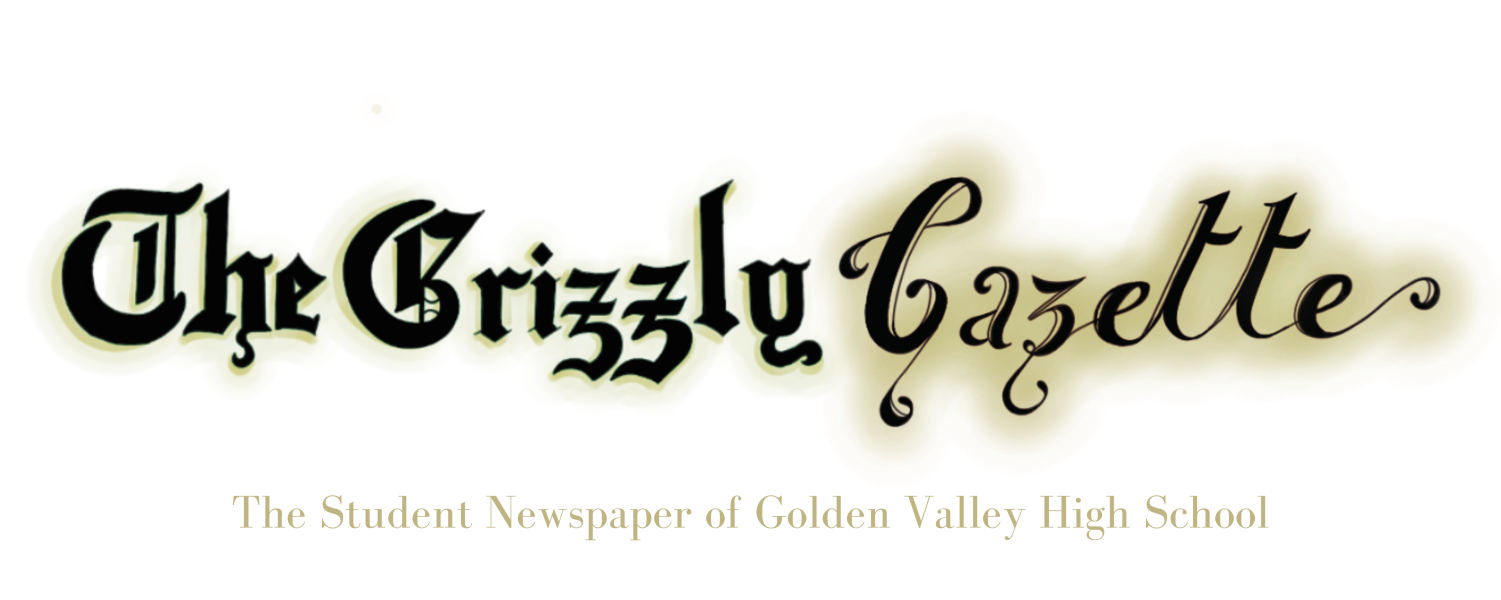Do people really get their news from strong, fact-checked news articles? The answer probably is “ehh, unlikely.” Most people today get their “news” about what’s going on around the world from social media outlets such as Tik Tok, Twitter, Instagram, etc.
People rely on the internet to give them news, then spread it to other people without fact checking or putting more effort into finding out if it’s accurate information.
As an active user, Grayson Clark, a high school student, too finds himself constantly resharing and believing the news presented to him on social media. He says “It’s hard not to, the big bold letters with some sort of image or video to go along with it and depending on what it is, is pretty convincing.”
An article from the World Economic Forum has found that adults under 30 are now almost as likely to trust information from social media sites as they are to trust information from national news outlets. According to Deloitte Insights, just over half of this group (51%) saying they get news daily from social media feeds or messaging services and 40% saying they get news daily from search engines. This is expected from Gen Z because of how we grew up with information presented to them.
The technological world is constantly changing and updating, and with these never-ending changes, old customs get forgotten, from getting our daily news from the newspaper to now reading only online. AI has become more and more present in our society. In most circumstances, it is a great tool, but there are many incidents where AI has become a threat and danger.
For one, journalism is at risk, due to the lack of trust of the media and Gen Z’s interest in reading the news. Not only that, AI makes it so you can “write” an article about any topic in under 60 seconds. Because of this, many journalists are losing their jobs to faster, more efficient AI ‘staff writers’.
The song “Soup Is Good Food” by Dead Kennedys is a symbolic criticism of capitalism, and a commentary on how society often discards human work in favor of automation. The following line is a huge representation.
“We’re sorry, but you’re no longer needed /
Or wanted or even cared about here
Machines can do a better job than you
And this is what you get for asking questions
The unions agree /
Sacrifices must be made /
Computers never go on strike”
This line can be referenced to the jobs taken over by AI and bot. Instead of having real people who cost a set salary, we replace them with machines.
“ /To save the working man you’ve got to put him out to pasture /
Looks like we’ll have to let you go /Doesn’t it feel fulfilling to know /
That you the human beings are now obsolete /
And there’s nothing in hell we’ll let you do about it.”
Not only does this song really represent how our society is evolving to being surrounded by AI and machines, this song was released in 1985. It’s crazy to think that 39 years ago, people already realized their jobs were in jeopardy.
Local digital media journalist, Erin Snodglass, agrees that as technology advances people are more trusting in these resources: “I fear that younger generations (as well as older generations) have insufficient media literacy, meaning they are unable to determine when a story comes from a legitimate source and whether the details included in such a story are true or fabricated. Snodgrass adds,“That has the potential to wreak havoc on society in the coming years in facets of life spanning from politics to climate change.”
On the other hand, she said “There’s nothing wrong with getting news from social media, as long as it comes from a trusted, verifiable source. For example, a story tweeted from The Washington Post — not a random tweet from a user with 14 followers.” She adds, “ I think AI has the potential to change the world as we know it and we will all soon have to learn how to work with it. But AI is not and will never be a replacement for the important work of journalism.”
Overall, when getting important information from social media, we need to be cautious. We need to look into whether or not it could be fake, and like the saying goes, “Don’t believe everything you see or hear!”
Here are some resources that helped contribute and fact check – facts mentioned above!
Social Media and News Fact Sheet
US adults under 30 now trust information from social media almost as much as from national news outlets
From TV to TikTok, how we get the news is changing fast



